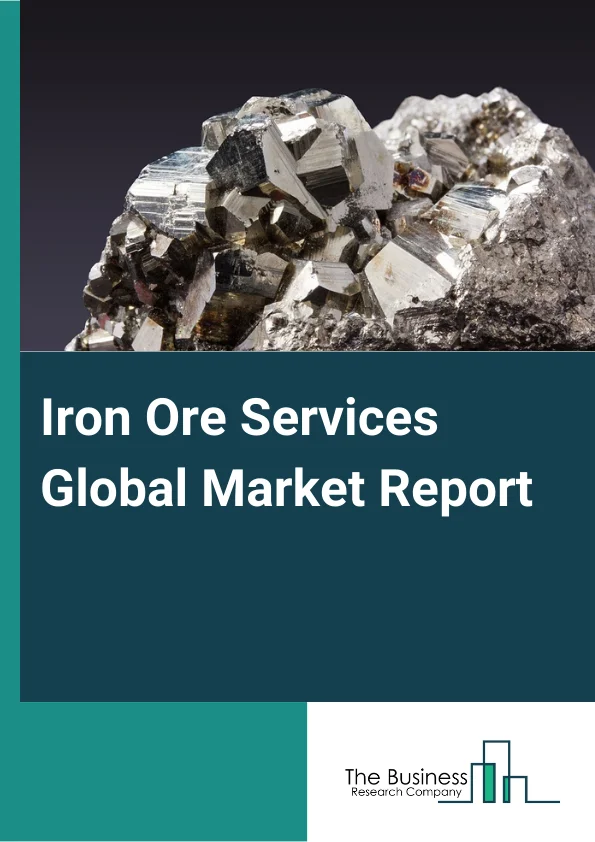Thailand's Central Bank Governor Search: Navigating Tariff Challenges

Table of Contents
Economic Landscape: Understanding Thailand's Tariff-Related Pressures
Thailand's export-oriented economy is significantly vulnerable to global trade dynamics and regional competition. The next Bank of Thailand governor must possess a keen understanding of these pressures to effectively guide monetary policy.
Global Trade Wars and Their Impact on Thailand
Ongoing global trade tensions, exemplified by escalating trade wars between major economic powers, significantly impact Thailand's exports. Key sectors like automobiles and electronics, crucial components of the Thai economy, are particularly susceptible to tariff increases imposed by trading partners. These tariffs disrupt supply chains, increase production costs, and reduce competitiveness in international markets.
- Reduced export volumes: Tariffs lead to decreased demand for Thai goods in affected markets.
- Price increases: Higher tariffs translate to higher prices for consumers, impacting sales.
- Supply chain disruptions: Trade barriers complicate logistics and increase uncertainty for businesses.
Keywords: global trade, trade wars, export-oriented economy, Thai exports, tariff impact
Regional Economic Competition and Tariff Strategies
Southeast Asia is a highly competitive region, with countries constantly adjusting their tariff strategies to attract foreign investment and boost exports. Thailand needs a proactive approach to maintain its competitive advantage. This requires strategic tariff adjustments that balance the needs of domestic industries with the imperative of fostering free trade and attracting foreign direct investment.
- ASEAN integration: Navigating the complexities of ASEAN trade agreements and their impact on tariffs is essential.
- Bilateral trade agreements: Negotiating and managing bilateral trade agreements will be crucial for securing market access.
- Investment incentives: Using tariff policies to incentivize foreign investment in high-growth sectors is vital.
Keywords: Southeast Asia, regional competition, competitive advantage, tariff strategy, ASEAN
Domestic Economic Concerns and Tariff Sensitivity
Internal economic factors also significantly influence tariff policies. Balancing the need to protect domestic industries with the benefits of free trade is a delicate act. Inflation, employment levels, and overall economic growth must be considered when formulating tariff strategies. A nuanced understanding of these domestic pressures is critical for the next Bank of Thailand governor.
- Inflation control: Tariffs can impact inflation, requiring careful management of monetary policy.
- Job creation: Tariff decisions must account for their effects on employment in various sectors.
- Economic growth: Balancing protectionist measures with the promotion of overall economic growth is crucial.
Keywords: domestic economy, inflation, employment, free trade, protectionism
Qualities Needed in the Next Bank of Thailand Governor
The next governor of the Bank of Thailand requires a unique blend of expertise and leadership qualities to effectively navigate the complexities of the current economic landscape.
Expertise in International Trade and Finance
A deep understanding of global trade dynamics and financial markets is paramount. The governor must possess extensive experience in negotiating trade agreements, managing financial risks associated with global trade fluctuations, and comprehending the intricacies of international finance.
- International trade negotiation experience: A proven track record of successful trade negotiations is crucial.
- Financial risk management: Expertise in managing risks related to currency fluctuations and global trade uncertainty is essential.
- Understanding of global financial institutions: Familiarity with the workings of institutions like the IMF and World Bank is vital.
Keywords: international trade, financial markets, trade agreements, risk management
Navigating Political and Economic Pressures
Political acumen and the ability to effectively navigate complex relationships are essential. The governor must be able to communicate and collaborate effectively with various government agencies, businesses, and international organizations.
- Effective communication: The ability to clearly communicate economic policy and its implications is key.
- Stakeholder management: Successfully managing relationships with diverse stakeholders is crucial.
- Political understanding: A deep understanding of Thailand's political landscape and its influence on economic policy is vital.
Keywords: political influence, economic policy, government relations, stakeholder management
Commitment to Monetary Policy Stability and Economic Growth
Maintaining price stability and fostering sustainable economic growth are the primary responsibilities of the Bank of Thailand. The governor must be adept at using monetary policy tools to mitigate the impact of tariff changes on the economy and to promote long-term economic prosperity.
- Price stability: Maintaining low and stable inflation rates is crucial for economic stability.
- Sustainable economic growth: Promoting economic growth that is both inclusive and sustainable is essential.
- Monetary policy expertise: A deep understanding of monetary policy tools and their application is critical.
Keywords: monetary policy, price stability, economic growth, sustainable development
The Selection Process and its Implications
The selection process for the next governor should be transparent and meritocratic, ensuring the appointment of the most qualified candidate. The choice will have significant implications for Thailand's economic future, impacting investor confidence, trade relations, and overall economic stability.
Keywords: selection process, transparency, meritocracy, economic future
Conclusion: The Crucial Role of the Next Bank of Thailand Governor in Addressing Tariff Challenges
The next Bank of Thailand governor faces significant challenges, particularly navigating the complexities of international trade and tariff pressures. The successful candidate will require a deep understanding of international trade, financial markets, and the delicate balance between domestic economic needs and global competitiveness. The selection process must prioritize transparency and meritocracy to ensure the appointment of a leader capable of guiding Thailand’s economy through these turbulent times. The future of the Bank of Thailand, and indeed Thailand's economic stability, hinges on a thoughtful and strategic approach to this crucial appointment. A strong leader is needed to navigate tariff challenges in Thailand and ensure the country's continued economic growth. Choosing the right Thailand's central bank governor is paramount.

Featured Posts
-
 High Potential Analyzing The Risky Season 1 Finale And Its Success
May 09, 2025
High Potential Analyzing The Risky Season 1 Finale And Its Success
May 09, 2025 -
 Iron Ore Market Forecast Considering Chinas Steel Production Adjustments
May 09, 2025
Iron Ore Market Forecast Considering Chinas Steel Production Adjustments
May 09, 2025 -
 Sikker Kjoring I Sor Norges Fjellomrader Om Vinteren
May 09, 2025
Sikker Kjoring I Sor Norges Fjellomrader Om Vinteren
May 09, 2025 -
 Betting On The Oilers Kings Series Odds And Expert Analysis
May 09, 2025
Betting On The Oilers Kings Series Odds And Expert Analysis
May 09, 2025 -
 Billionaires Favorite Etf Projected 110 Growth In 2025
May 09, 2025
Billionaires Favorite Etf Projected 110 Growth In 2025
May 09, 2025
Latest Posts
-
 Has Chris Martins Influence Shaped Dakota Johnsons On Screen Persona
May 09, 2025
Has Chris Martins Influence Shaped Dakota Johnsons On Screen Persona
May 09, 2025 -
 Dakota Johnsons Career Path The Chris Martin Factor
May 09, 2025
Dakota Johnsons Career Path The Chris Martin Factor
May 09, 2025 -
 Is Chris Martin Influencing Dakota Johnsons Acting Roles
May 09, 2025
Is Chris Martin Influencing Dakota Johnsons Acting Roles
May 09, 2025 -
 Dakota Johnson And Chris Martin A Look At Her Career Choices
May 09, 2025
Dakota Johnson And Chris Martin A Look At Her Career Choices
May 09, 2025 -
 Market Volatility In Pakistan Stock Exchange Portal Experiences Outage
May 09, 2025
Market Volatility In Pakistan Stock Exchange Portal Experiences Outage
May 09, 2025
